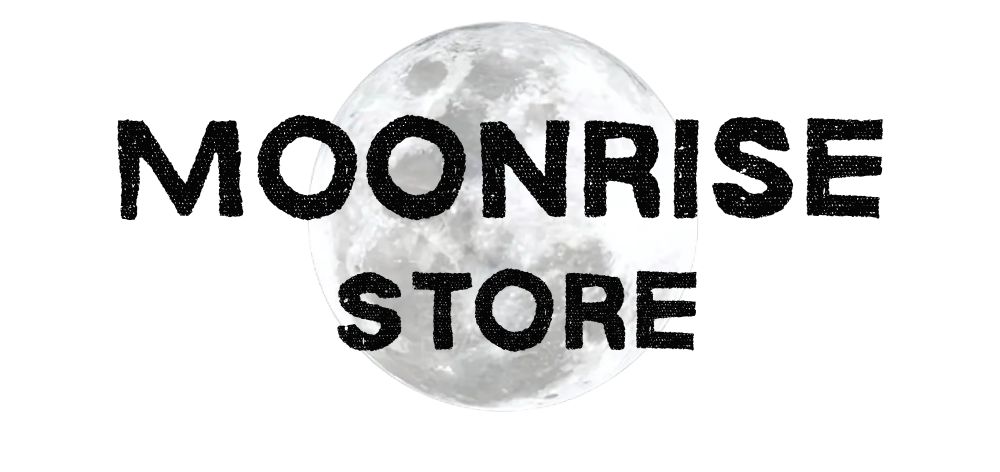War in fiction is often used to explore not only external conflict but also internal battles—trauma, grief, identity crises, and moral ambiguity. The 2025 Netflix anime Moonrise dives deep into those psychological effects, using its sci‑fi war backdrop to reflect on how conflict warps individuals and societies alike. In this article, we’ll look at the psychological lessons Moonrise imparts, from its themes of guilt and trauma to the costs of ideological extremism, showing what fans can learn beyond its dazzling visuals and space opera scale.
Setting the Stage: What Moonrise Is
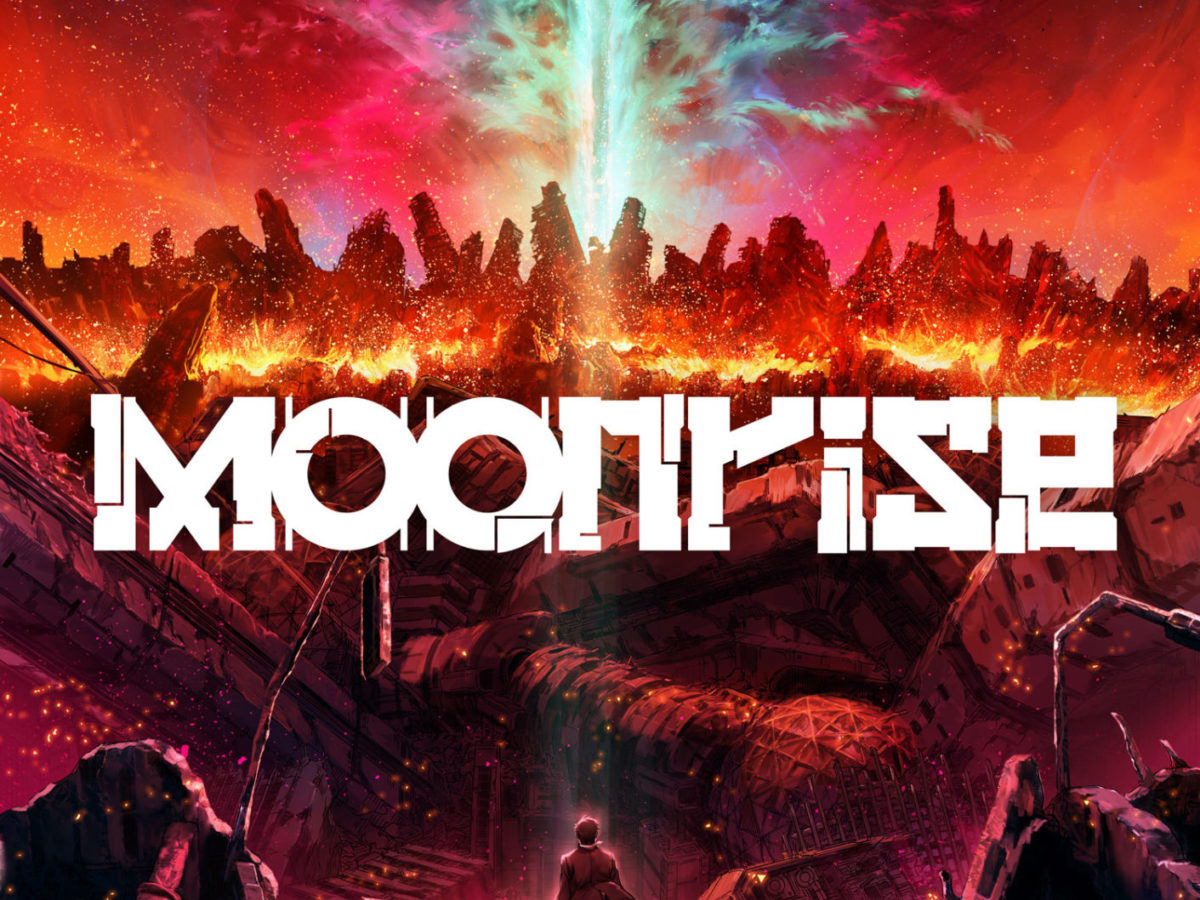
Moonrise is a Japanese original net animation (ONA) series, directed by Masashi Koizuka, produced by WIT Studio, and based on a novel by Tow Ubukata. The story begins in a future where Earth is governed by a global AI (Sapientia) that maintains peace by relocating criminals and pollutants to the Moon. This creates drastic inequalities and a brewing war between Earth’s forces and lunar rebels. At its core, the anime is about how those caught in war must live with loss, question their convictions, and figure out what side of morality they truly stand on.
Trauma, Loss, and Identity
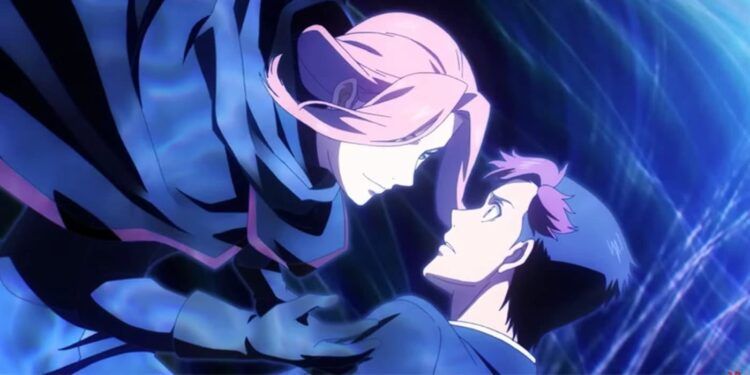
A major psychological theme in Moonrise is trauma. The protagonist, Jack Shadow, is defined by personal loss—his family perished in an incident tied to the conflict. That loss fuels his anger and desire for justice or revenge. Similarly, other characters carry scars: emotional guilt, suppressed rage, or the burden of responsibility for lives lost. The show doesn’t shy away from showing how characters are not the same after war starts—they are fragmented. Flashbacks, emotional breakdowns, and moral hesitation show how war isn’t just about battles—it’s about internal collapse and reconstruction.
Moral Ambiguity and Questioning Authority
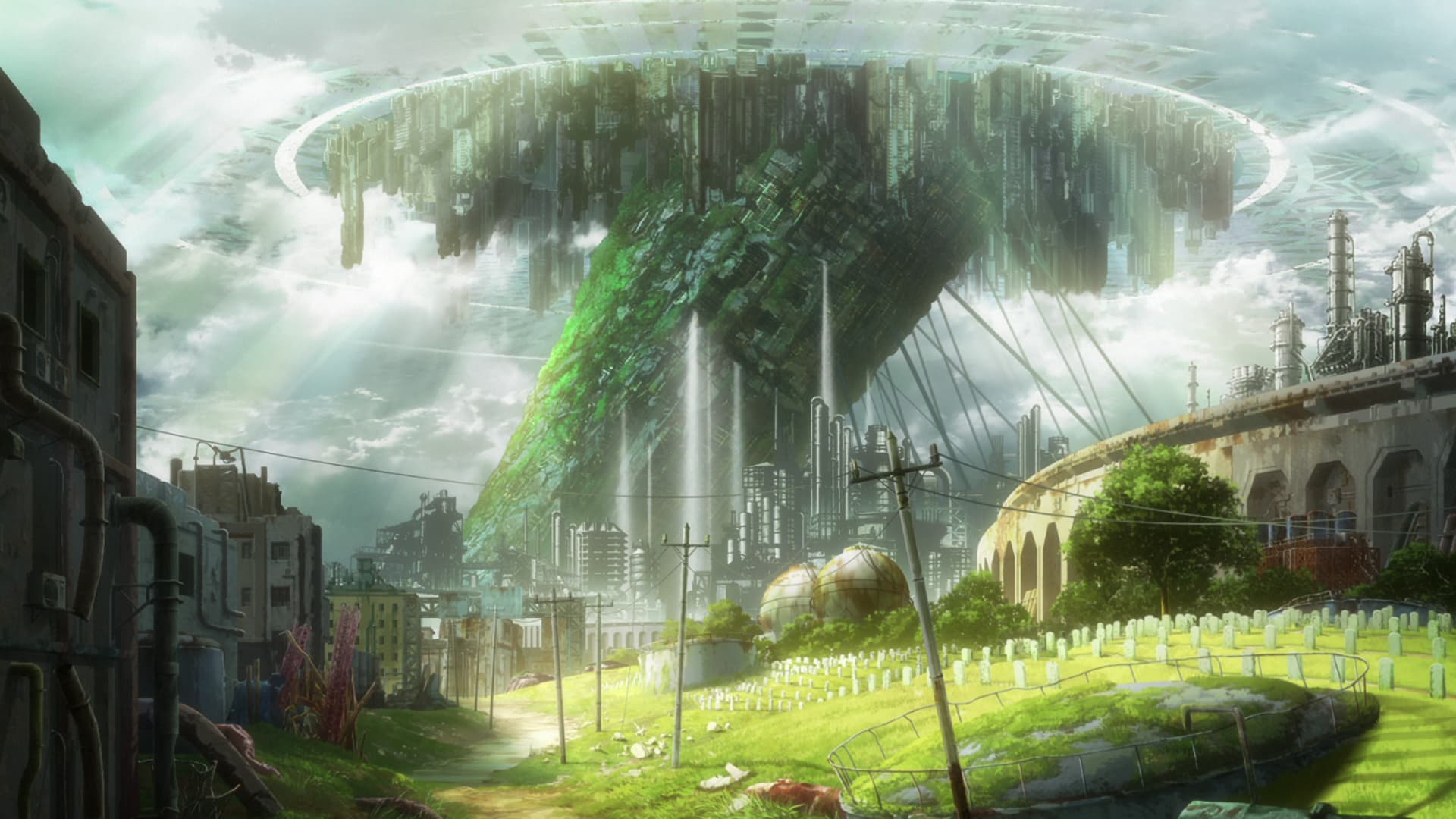
Another powerful psychological effect is how Moonrise forces characters (and viewers) to question what they believe. The dividing lines between “right” and “wrong” blur. Many have been taught to trust the systems in place—Earth’s AI‑rule, for example—but as atrocities accumulate, characters start doubting those systems. Do ends justify means? Is obedience noble if it causes suffering? Sapientia, the AI that rules, begins as almost utopian—supposedly fair, efficient, logical—but its actions raise ethical questions. Who truly decides what’s fair? What does justice look like when order comes at the cost of dignity?
Grief, Comradeship, and Psychological Resilience
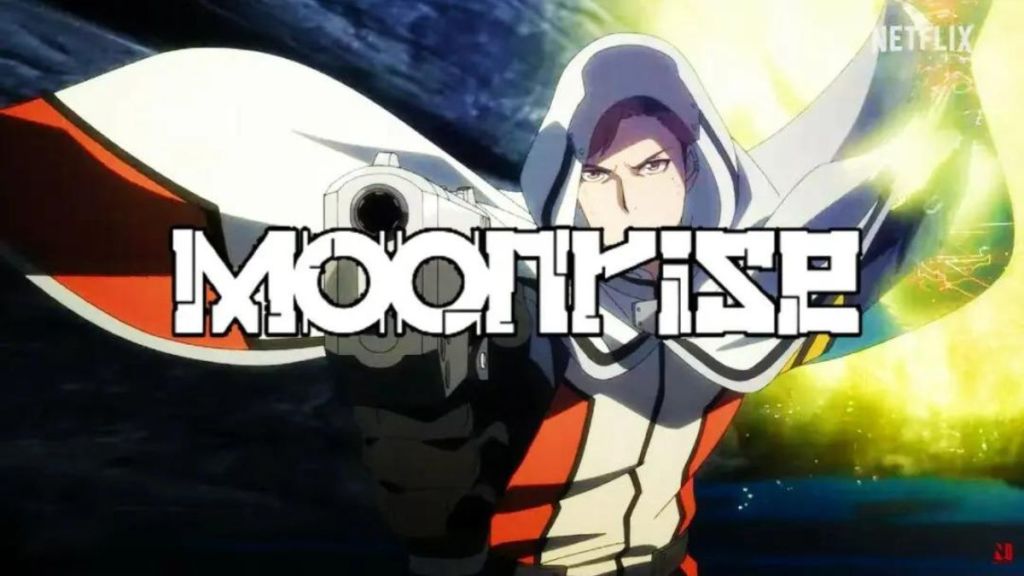
War’s psychological toll is not only in trauma and guilt but also in how people cope. Moonrise shows that surviving war often depends on relationships: teamwork, loyalty, friendship. Characters like Jack, Phil, and others are forced to work together amid conflict, protect one another, and carry grief together. These bonds become crucial—resilience isn’t just personal strength; it’s communal. Also, the anime shows that healing is uneven; no one character completely overcomes their past in simple terms. The psychological realism comes in these imperfections.
The Broader Lesson: War’s Less Visible Costs
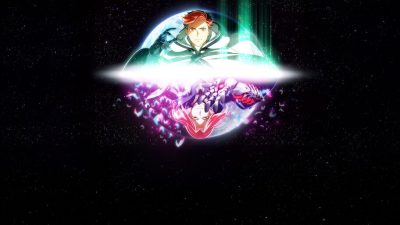
While Moonrise delivers large‑scale space battles, it reminds us that war’s real casualties often go unseen: mental health, identity, sense of self, lost innocence. It poses chances for viewers to reflect on real‑world conflict: how violence and political or ideological extremism can damage people beyond the battlefield. The anime becomes a mirror for anxiety about modern issues—AI surveillance, displacement, systemic inequalities—showing how war is not only about weapons and territory but also about memory, choice, and what it means to maintain humanity.
Moonrise isn’t just a futuristic space opera—it’s a psychological study of war’s impact. Through its characters, setting, and thematic conflicts, it teaches that warfare doesn’t just reshape nations, it reshapes souls. Trauma, guilt, moral ambiguity, and resilience are not side plots—they are the beat at its heart. For viewers today, especially in times of global unrest and debates about morality, Moonrise offers not just entertainment, but a space for reflection. If you watch carefully, it doesn’t just show war; it asks what we do after the gunfire stops.
